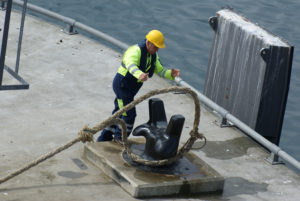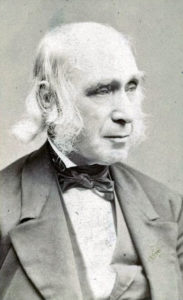
In August of 1904 Rainer Maria Rilke, born in Prague, Bohemia, Austria-Hungary, sent one of several letters he wrote to Franz Kappus, a 19 year old young man about to enter the German military. Kappus had written to Rilke looking for guidance and a critique of some of his poems. Rilke, a poet and writer, was himself only 27 when the first letter was written. In the letter I read this afternoon Rilke wrote:
“It is only because so many people have not absorbed and transformed their fates while they were living in them that they have not realized what was emerging from them; it was so alien to them that, in their confusion and fear, they thought it must have entered them at the very moment they became aware of it, for they swore they had never before found anything like that inside them. Just as people for a long time had a wrong idea about the sun's motion, they are even now wrong about the motion of what is to come. The future stands still, dear Mr. Kappus, but we move in infinite space. How could it not be difficult for us?"
By now you may well be asking yourself, “What does any of this have to do with work, or this synagogy thingy?” That’s a fair question. These two paragraphs demonstrate what integrative learning is all about. Let me try to explain how.
In a book I was reading I came across the quote by Rainer Maria Rilke that I placed on the title page of this book. I vaguely remembered the name Rilke, and recalled that he was some sort of writer, perhaps a poet, from Europe. So I looked up information about him. When I saw that he was born in “Prague, Bohemia, Austria-Hungary” I had to stop and think what that means. I know that Austria is a country in Europe, so what does this place name mean? Oh, that’s right -- before the First World War the present day, separate nations of Austria and Hungary were one country. Um. So nation states change size, configuration, names. Were there always nation states like we have today? I pulled some books off the shelf to explore that question. It turns out that there are some political scientists who consider nations different from nation states, and there is no unanimity about when either one first came into being, although both seem to have evolved after the 15th century. But I digress. Oh, yes. So who is this Franz Kappus? Why did he write to Rilke? What did they correspond about?
Often when we seek to answer a seeming simple question we find ourselves suddenly embarked on an unintended voyage of discovery. In the short odyssey above we have encountered a number traditional subject areas, including:
- biography
- history
- geography
- political science
- poetry
- literature
Just as since the big bang all of creation is interconnected, so is all information. Most of you have probably discovered that most of the questions and problems you are daily confronted with at work and elsewhere in your life seldom fit into the tidily partitioned silos into which colleges are wont to separate all of knowledge. The world is far messier than that, and to effectively answer these questions and solve these problems we have to weave together disparate information and knowledge that we’ve acquired, often in unexpected, creative ways. Liberating information and knowledge from artificial silos is the raison d'être of this website.
If I had used the following paragraph, would you have questioned it? Why or why not?
“In February of 1917 Rainer Maria Rilke, born in Prague, Czech Republic, sent a letter to Franz Kapput, an old man about to enter the German military. Kapput had written to Rilke criticizing his poems. Rilke, an accomplished philosopher and sculptor, was himself only 21 when the letter was written.”
Other than the spelling of Rilke’s name and the correct birth city name, Prague, nothing in the above paragraph is accurate. Most of our waking lives we are continuously barraged with information. Separating what is true and valid information from the false and erroneous is a never-ending task. For the most part we instinctively filter out things we don’t consider important, urgent, or otherwise relevant to us. And although we typically don’t consciously weigh the accuracy and/or truthfulness of that information, subconsciously we are emotionally as well as rationally sizing up the veracity of what we read and hear. We will spend some of our time on this voyage exploring how we turn vetted information into knowledge. As the 19th century British statesman Edmund Burke wrote, “To read without reflection is like eating without digesting.”

